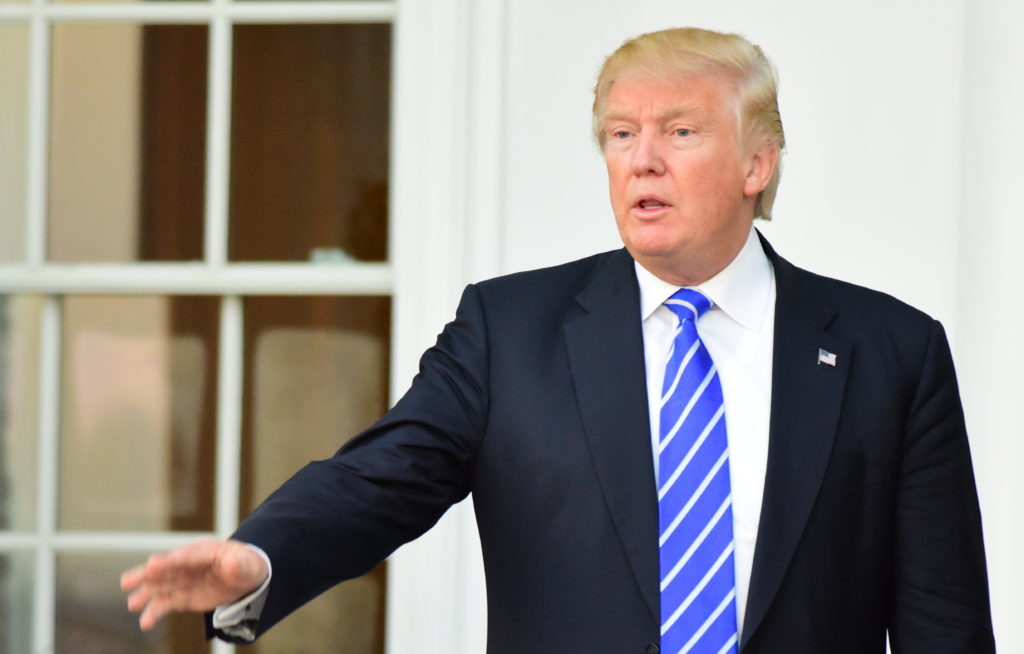It’s time to call a murderer a murderer

In the run up to their 1998 Jackson Pollock retrospective at the Museum of Modern Art in New York City, the show’s curator received a disturbing letter from a Mr Metzger. Metzger wanted to know, “Why are you honoring the man who murdered my sister?”
If you know anything at all about Pollock the artist then you probably know he died famously in a one car crash, aged 44, in August of 1956. He’s mentioned in the same breath with other famous mavericks who likewise died in car accidents, Tom Mix, Steve Prefontaine and (need I even say it?) James Dean. Yet what sets Pollock’s death apart from those others was that he didn’t die alone. He had two women with him, his mistress, who survived, and her friend Edith Metzger, who did not.
That Pollock was drunk, that Ms Metzger became terrified of his recklessness and repeatedly screamed for him to stop – at one point actually exiting the car and then being coaxed back in with intimidation and threats – certainly does not militate in Pollock’s favor. Had Jackson Pollock survived the crash he almost certainly would have been tried for second degree murder. He was rescued from this inglorious consequence by dying himself.
Yet this part of the Pollock story is seldom told, and whenever it is, it is usually told with a dispassionate and baffling absence of moral denunciation. Men of accomplishment are often forgiven their sins, sometimes even if their sins include murder, (and let’s face it, it’s usually men.) Ordinary murderers are justly treated like the scum they are. Why are some murderers (and other kinds of evildoers) too frequently immune because of their fame or status? The artist Caravaggio murdered a man in cold blood with a sword, yet he remains, in our minds, a great artist. Why?
Why, for instance, does the word “reverend” in front of a name so often miraculously transform its wearer from a rogue, into a person whose opinions and values we are expected to take seriously, when he’d be more at home screaming on a street corner and holding a tin cup? Why are titles moral antiseptics, like “chairman,” “prime minister” or “president?” Why do we so frequently let these bastards off the hook?
When Donald Trump arranged to meet Kim Jong Un in a “hastily arranged” photo op at the DMZ in North Korea, why did no one in the press seem to care that Kim had previously ordered the execution of five envoys after his Hanoi summit with Trump had not gone well? Clearly Trump didn’t care, nor did he mention it as a condition of his DMZ meet up. Kim Jong Un murdered them because he needed someone to blame. Will Kim’s guards, who roughed up Stephanie Grisham, Trump’s latest press secretary, die because they “embarrassed” the murdering little tyrant in an overzealous contretemps, as he again needs someone to blame? If they do will anyone notice or care?
It’s as though we are unable to apply the full weight of our moral judgement on a person unless he or she is labelled appropriately. We had no problem judging Charles Manson as a murdering criminal reprobate when he was alive, as he was labelled such. But Vladimir Putin has murdered far more people than Charlie Manson ever did in his wildest fantasies, yet our press and people and politicians still continue to think of him as the president of Russia, and not the murdering criminal reprobate that he truly is.
Tucker Carlson said leadership means killing people. But this is nonsense on its face. No one in a free Democracy need ever die due to the action or inaction of government. Death meted out by volition or mistake is the stuff of totalitarianism. It’s hidden in euphemism, and it begins with “regrettable” deaths of children in concentration camps.
Make no mistake, though they are encrusted with honors and lauded with titles and saluted by color guards, a murderer is a murderer. Donald Trump’s favorite people are murderers and he’s in training with them. And already we, many of us, are hypnotized by the same apparatus that legitimizes murderers. We are accomplished fools who are used to being fooled, and it needs to stop. It’s time to start calling murderers, murderers.

Robert Harrington is an American expat living in Britain. He is a portrait painter.
